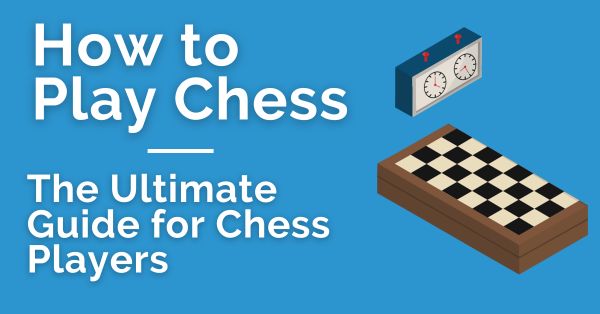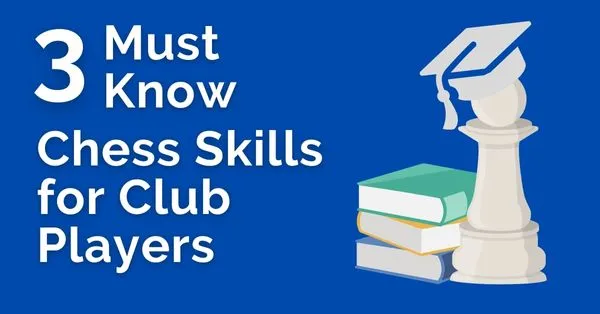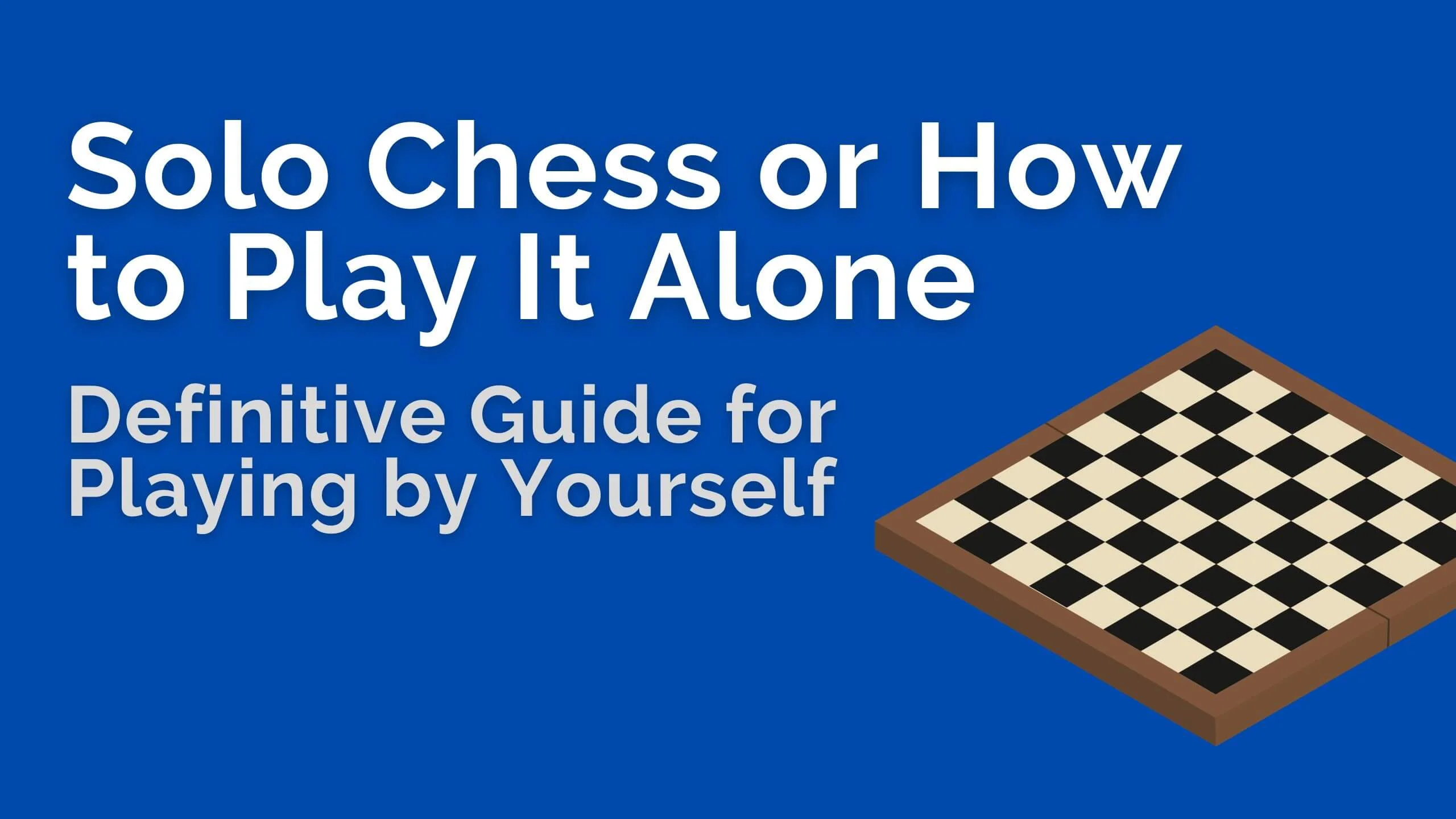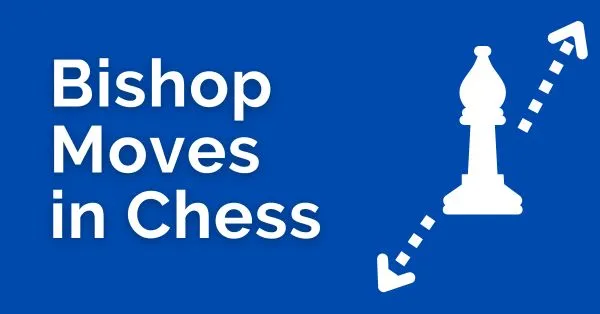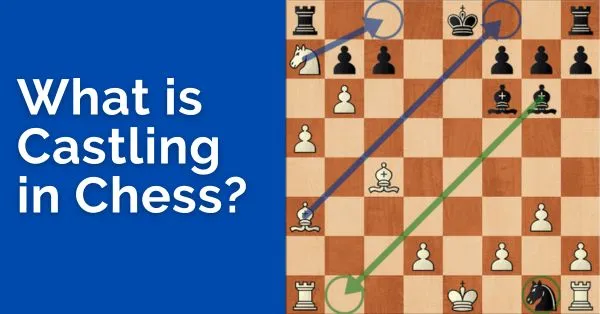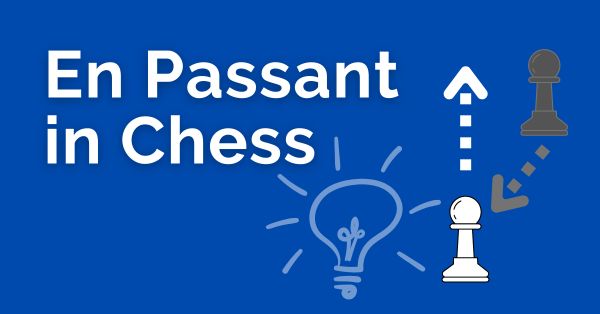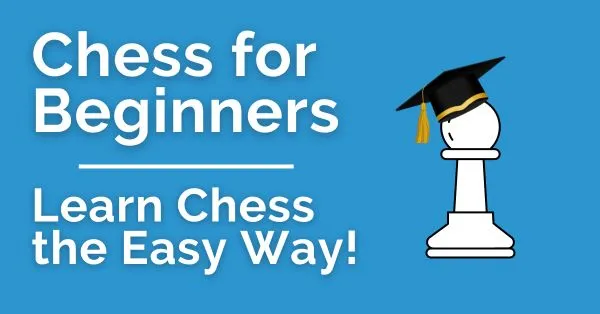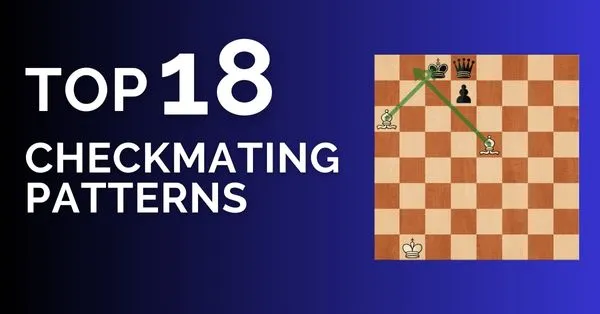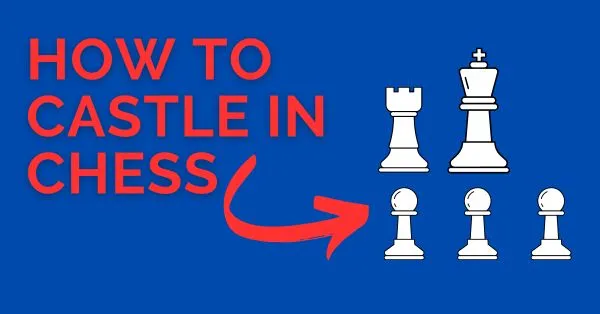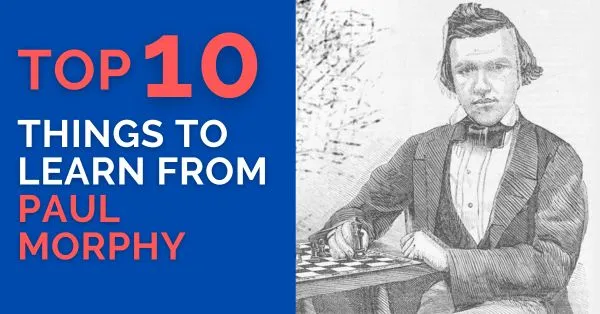General Information
Reading and absorbing new chess knowledge is one of your chess journey’s most exciting and rewarding phases. You can encounter so many eureka moments and everything seems to slowly fit in place. To learn how to play chess is easy. To learn how to play chess skillfully, that’s the real challenge.
For club-level chess players, honing three key skills – Calculation, Decision-Making, and middlegame strategy is paramount. Calculation involves foreseeing potential moves and planning with purpose, while practical decision-making emphasizes making effective moves without fixating on the absolute best continuation. In the Middlegame, understanding concepts like pawn structures and central control becomes crucial.
Chess is a social game that involves the active participation of two players. There are many ways to enjoy the beauty of chess. An often overlooked way to play chess is to play with yourself. But how to play chess with yourself? The champions of the past played chess against themselves to train. They used […]
The humble bishop frequently appears as a seemingly constrained piece with diagonal movements. Underneath this apparent simplicity, though, is a world of strategic nuance and expansive potential. This article covers the fascinating world of “Bishop Moves in Chess.” We look at how this seemingly innocuous piece can have a big impact on the board, from […]
A specific move always catches the eye of the beginner in chess. This move at first sight looks so intriguing and bewildering for the new player that they immediately yell, “Hey, I think that’s not allowed!” Castling in chess has been a fascinating topic for debate in the chess community since time immemorial, from its […]
En passant in chess dates back to the age of the first chess evolution. This French phrase translates to “in passing” in chess. It enables a pawn to capture an enemy pawn unconventionally. Chess, in its early form, did not have special moves. Pawns could move freely only one square at a time.
Chess is a game where the ideas of two individuals clash. As a beginner begins to learn chess, they have to balance attack and defense and use all the pieces effectively. Chess is also a game of creativity and beauty, where you can create amazing combinations and sacrifices that surprise your opponent. It is a […]
A player learns middlegame and endgame patterns. But it is equally important to learn checkmate patterns as well – especially checkmates for club players. More often than not finishing an attacking game comes down to knowing checkmate patterns. What are the most common patterns you should be aware of and recognize? This post will teach […]
In the intricate game of chess, mastering fundamental moves is the key to success on the board. Among these, ‘castling in chess’ stands out as a crucial and strategic maneuver. If you’ve ever wondered, “How to castle in chess?” or thought about the perfect moment to execute this move, you’re in the right place. In […]
Paul Morphy, born in June 1837 to a prominent New Orleans family, displayed exceptional chess talent from an early age. Learning from his chess-enthusiast relatives, he embraced early and rapid development as his trademark strategy.

